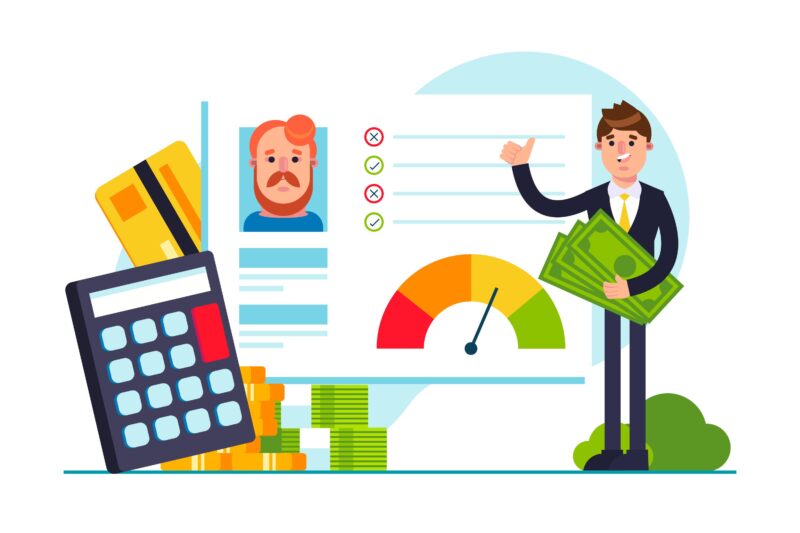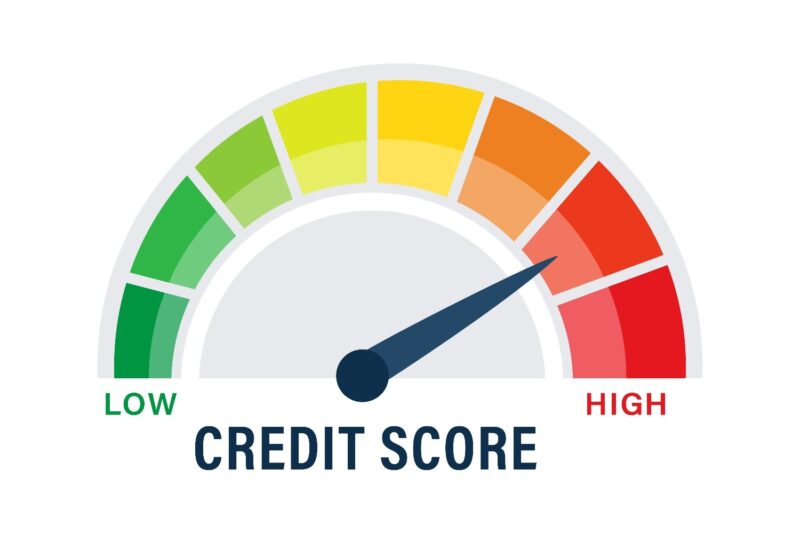Understanding the average credit score in India helps you set realistic goals for borrowing and improving your financial profile. This guide explains typical scores by age, what a good score is for loans and mortgages, how Reddit and consumer communities view scores, and practical steps to raise your rating. We also include a clear credit score range chart and examples for common questions like “average credit score by age 30” and “average credit score by age 25.”
What is the average credit score in India?
The average credit score in India varies by bureau and demographic, but a practical working range for many lenders is 650–750. This mid-range reflects a mix of people building credit, those with recent borrowing activity, and those with stable repayment histories.
Why this matters: lenders look at the numeric score plus account history, so knowing the average credit score for a loan gives you perspective on likely approval odds and interest rates.
Credit score by age — realistic benchmarks
Credit behaviour evolves with life stage. Below is a data-driven guideline (industry practice and lender expectations) you can use to compare where you stand.
| Age Group | Typical Average Score (India) | What it signals |
| Under 25 (average credit score by age 25) | 600–680 | New-to-credit, short history |
| 25–30 (average credit score by age 30) | 650–720 | Establishing credit, first loans |
| 31–40 | 700–760 | Peak borrowing & repayment record |
| 41–55 | 720–780 | Long credit history, low defaults |
| 55+ | 700–770 | Stable but fewer active accounts |
Example: an average credit score by age 30 of 680–720 usually lets borrowers qualify for most personal loans and entry-level home loan offers, assuming steady income.
Average credit score for a loan — what lenders look for
When lenders evaluate an application, they consider:
- Credit score number
- Recent payment history (last 12–24 months)
- Credit utilisation ratio
- Number of hard inquiries
- Tenure of credit history
Typical thresholds:
- Personal loan (unsecured) — lenders prefer 700+, but 650–699 may get approved at higher rates.
- Car loan — 650+ acceptable with steady income.
- Home loan — 700+ often preferred for best interest rates; lower scores may still get offers with higher rate or larger downpayment.
So, your average credit score for a loan is a contextual benchmark — it’s not the only factor, but it strongly influences pricing.
Average credit score Reddit & community sentiment
On Reddit and personal-finance forums, many users report perceived averages lower than bureau averages because forums attract people with questions or problems. “Average credit score Reddit” threads typically show:
- Younger users reporting 600–700 while building credit
- Frustrated borrowers with 550–650 seeking fixes
- Experienced users with 750+ sharing tips
Takeaway: community anecdotes are helpful but not statistically representative — use them for practical tips, not averages.
Credit score range chart — quick reference
| Range | Label | Typical outcome |
| 750–900 | Excellent | Best rates, fast approvals |
| 700–749 | Good | Competitive offers |
| 650–699 | Fair | Possible approvals, higher rates |
| 600–649 | Poor | Limited credit options |
| <600 | Very Poor | Difficult approvals; secures/guarantor likely |
Use this credit score range chart to map your score to likely lending outcomes.
What is a good credit score to buy a house?
For mortgage/house purchase financing, lenders typically prefer a good credit score to buy a house in the 700–750+ band. A higher score (750+) often unlocks:
- Lower interest rates (saving thousands over mortgage life)
- Higher loan-to-value (LTV) limits
- Easier approval with minimal documentation
If your score is below 700, you can still buy, but expect higher rates and stricter underwriting.
Credit score by age 25 vs by age 30 — why the difference matters
- At age 25, shorter credit history and fewer accounts depress averages. Lenders focus on establishing behavior.
- By age 30, sustained on-time payments and longer account ages typically lift the average credit score by age 30 above the 25-year mark, making higher mortgage and car loan approval chances more likely.
If you’re planning big purchases in your 30s, improving your score in your 20s accelerates future approvals and rates.
Practical examples — real life scenarios
Scenario A — Age 26, Score 660
Likely: Personal loan approval possible with slightly higher rate; credit card upgrades limited.
Scenario B — Age 34, Score 740
Likely: Home loan approval with competitive rate; higher credit card limits and premium offers.
Scenario C — Age 22, Score 590
Likely: Need to build credit with secured cards or small EMIs; large loans unlikely without co-applicant.
How to improve your credit score
To move from average to good/excellent:
- Pay on time, always. Payment history is the largest factor.
- Keep credit utilisation under 30%. If card limit 1 lakh, keep balance ideally under 30k.
- Avoid multiple loan applications within a short window. Each hard inquiry can dip score.
- Maintain a mix of credit types. A blend of revolving and installment credit helps.
- Correct errors on your report. Check reports from bureaux and raise disputes for inaccuracies.
- Keep older accounts open. Longer credit age helps score.
These steps address the “how to increase credit score” and are practical for different age groups.
Average credit score for a loan — special notes for home buyers
- Lenders often check 12–24 months of repayment history closely for mortgages.
- If your average credit score for a loan is borderline, improving score by 30–50 points before applying can save significant interest costs.
FAQ – Average credit score
Q: What is a good credit score to buy a house?
A: Aim for 700–750+. Higher scores deliver better rates and easier approvals.
Q: What is the average credit score by age 30?
A: Typical averages fall in 650–720 depending on region and borrowing history — by age 30 many users move into the 700+ band with disciplined repayment.
Q: What is the average credit score by age 25?
A: Younger borrowers usually average 600–680 due to shorter credit histories.
Q: How does Reddit’s average differ from official averages?
A: Reddit reflects user-reported, anecdotal scores and tends to skew lower because people ask questions when they have issues. Use official bureau reports for accurate averages.
Q: What is the average credit score for a loan approval?
A: For most unsecured loans, lenders prefer 700+ but will consider 650–699 with compensating income or collateral.
Conclusion
Knowing the average credit score in India by age and by loan type helps you plan borrowing, mortgage timing, and credit-building steps. This guide provides India-relevant averages, a clear credit score range chart, practical examples, and step-by-step actions to move your score into a preferred band. Use the tables and FAQs for quick answers, and follow the improvement steps to raise your score steadily.


